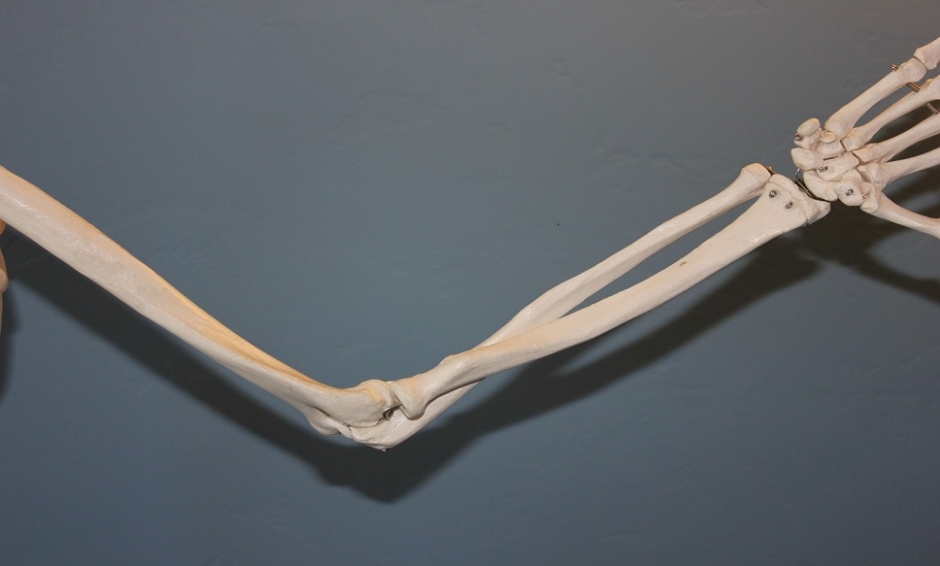OSTEOARTHRITIS patients can be divided into two distinct disease groups, according to researchers from The University of Manchester, Manchester, UK. The study, which shows there are two different patterns of disease activity in the condition, could be the basis for improved diagnosis and more targeted treatments.
Two Groups
In a cohort of 60 knee osteoarthritis patients, mathematical analysis was carried out on the thousands of genes expressed in their tissue, enabling the researchers to separate the patients into two groups. As active metabolism in the diseased tissue was the basis for the stratification, it could allow physicians to predict the responses different patients have to treatment, and develop treatments specifically targeted at each type of osteoarthritis patient. Additionally, a simpler way of distinguishing the groups was developed in the study by generating a list of candidate biomarkers in the patients’ synovial fluid, which will hopefully assist future research on osteoarthritis.
“Important New Discovery”
Prof Tim Hardingham, The University of Manchester, commented: “This is an important new discovery in osteoarthritis, which reveals a metabolic basis for developing patient specific treatments targeted at the two different groups. It will inform the future design, set up, and analysis of drug trials, and may help predict different patient responses to treatment. There is an urgent need for better treatments and we hope this research may help us along that road.”
Further Research
With musculoskeletal conditions such as osteoarthritis causing major pain and quality of life issues in patients, as well as being a major economic burden on health services, it is hoped the discovery will lead to new and more effective treatments that will significantly reduce these problems in the future. However, the researchers acknowledge that further studies are necessary to further improve understanding of the mechanisms of this condition.
James Coker, Reporter
For the source, and further information on study, click here.








